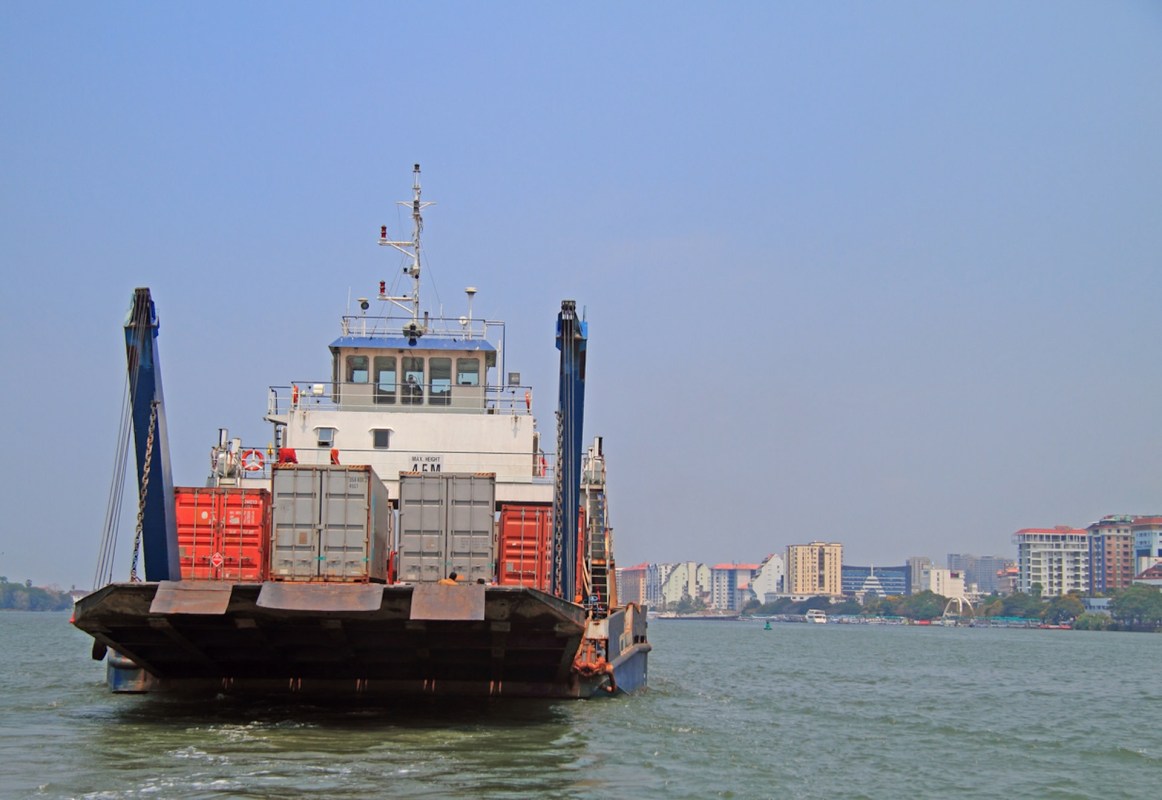India banned the export of several types of white rice in June with the hopes of lowering the prices of the crop while ensuring its availability domestically.
However, the country's position in the global rice industry and the grain's international dietary significance left one expert pessimistic about the policy's implications.
What's happening?
In a news release from July, India's Department of Food and Public Distribution announced the export ban on non-basmati white rice, which constitutes about 10 million tons and a quarter of all rice exported by the nation.
It cited the 11.5% hike in domestic retail prices in a year and a consistent uptick in the export of non-basmati white rice despite a previous 20% export duty on that variety.
Abdullah Al Mamun, a senior research analyst at the International Food Policy Research Institute, told NPR that India enforced the ban because of upcoming general elections, the monsoons that caused some farmers to replant their rice crops, and to protect the country from a shortage.
"The government is fearing that if the India exports rise … this will inflate their prices," he said.
India's statement blamed the spiking export rates on "geo-political scenario, El Niño sentiments and extreme climatic conditions in other rice-producing countries."
According to Al Mamun, Russia's invasion of Ukraine resulted in an unstable fertilizer market that impacted the planting season, and droughts or other extreme weather events induced by El Niño could further disrupt rice production.
Meanwhile, CNN noted that severe flooding in Pakistan in 2022 initiated the dramatic price increase of rice and "tightened global supply."
Why is India's rice export ban important?
Not only has India been the top overall distributor of rice since 2014-15, but it's also dominated the market in recent years, accounting for more rice exported than its next four closest competitors combined, per Al Mamun and Joseph Glauber.
As a result, Al Mamun said the restriction would have severe repercussions, particularly in countries reliant on India for the staple.
"This ban will hugely impact the South Asian countries, who are the largest trading partner of India, particularly for rice," he said. "... Some countries, their calorie intake from rice ranges from 40 to 67% in Asia. So this will definitely impact on millions of lives."
He added that "80 to almost 100%" of Sub-Saharan Africa's imports come from India.
The prohibition could also have a domino effect like the food price crisis of 2007-08, when Vietnam began a chain reaction of rice export bans that shut out 70% of the global rice market and threatened food security across the world.
What's being done about it?
According to S&P Global, the moratorium is expected to last until after the general elections that are expected to take place in April and May, but "the government might want to be sure about achieving a good rice harvest in 2024 kharif season before it decides to lift the export curbs."
Al Mamun said the IFPRI has been "urging strongly" that the World Trade Organization facilitate negotiations between India and other members of the WTO.
"But we have not seen much action on this point from the World Trade Organization," he said.
Join our free newsletter for cool news and actionable info that makes it easy to help yourself while helping the planet.









